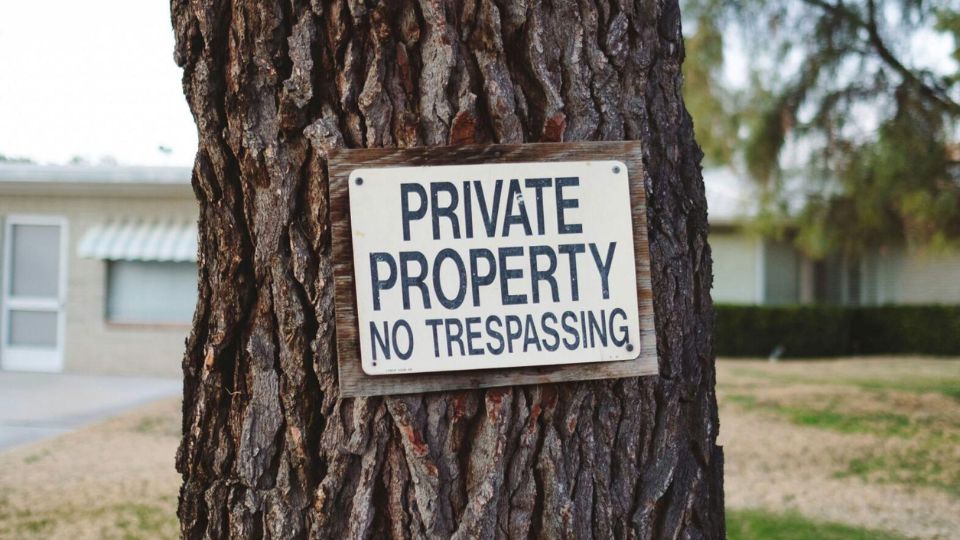Although the term “squatter’s rights” may seem contradictory, it is becoming a concern that has led lawmakers to look for more protections for homeowners in Pennsylvania.
Although squatters are considered trespassers, not all trespassers are squatters. The confusion between different terms and the absence of specific laws to deal with the newest type of squatting has created difficulties for both the police and homeowners.
State Representatives Martina White from Philadelphia and Donna Scheuren from Gilbertsville have introduced bills to create a clear legal process for removing squatters from homes.
- IRS Grants Extra Time for 2024 Taxes to Kentucky’s April Storm Survivors
- Fed’s June Meeting: Rate Cuts Not in the Cards: What’s Next?
- Deadline Alert: Michigan Schools Must Act Fast with Federal Stimulus Funds
- How to Access VA Dependent Education Benefits with a 100% Disability Rating
- Big News for SSDI: Social Security Might Add $600 to Payments
Every state has laws called Squatters Rights that apply to people who live in abandoned or unoccupied property without permission. These laws require the person to live there for many years in order to establish certain rights.
However, the current trend of squatting, which is common in some areas, involves people illegally staying in a home, regardless of whether it is occupied or not. Homeowners sometimes have difficulty removing trespassers from their property, which can lead to a loss of rental income. They also have to continue paying taxes, mortgages, utilities, and legal fees during this time.
White started working on the issue in 2019 and mentioned in an email to The Center Square that it can take several years to make improvements to a bill. For example, she discovered that Sheriff’s offices might be better at enforcing the law because they are familiar with the eviction process.
Also Read: Nessel’s Office Look Into $20M Grant Used by Businesswoman to Buy $4500 Coffee Maker
The bill’s language is being improved before it is officially reintroduced. The goal is to make sure it is effective when it becomes a law.
The memo she wrote asks for support from others to pass a law that would allow the police to remove people who are trespassing if there is enough evidence, like a signed statement from the homeowner. The person accused of trespassing would have a fair chance to prove that they have the right to be there. People who own property or people who are accused of squatting and lie about it could be held responsible in both criminal and civil court.
Scheuren’s bill is similar, but it has some changes. One change is that it makes it a felony for squatters who cause $1,000 or more in property damage. Another change is that it allows home and landowners to seek triple damages and attorneys’ fees through a civil action.
Furthermore, it would mean that law enforcement must notify Immigration and Customs Enforcement if the person occupying the property is an undocumented immigrant and follow any requests to detain them.
During a recent press conference, Scheuren mentioned that she has been receiving calls from people in her district who are worried about the problem of squatters. She also mentioned that there has been a recent increase in well-known squatting incidents. According to Scheuren, although most squatters are found in cities, suburbs and rural areas are also becoming more attractive to them.
“A person’s home is their most valuable possession,” she said. She mentioned that Pennsylvania has farms with many additional buildings, vacation properties, and hunting cabins where squatters could illegally occupy and refuse to leave.
The CEO of the National Rental Home Council, David Howard, explained to The Center Square that this is primarily a matter of property rights. However, it also relates to public safety and the availability of affordable housing. The council likes to use the words trespassing or illegal occupation instead of squatting.
The council supported the creation of Georgia’s Squatter Reform Act and also supported a similar bill in Florida. Howard thinks that having these bills, as well as similar ones being made in other states, will discourage people from trespassing.
Council members have said that people who are not supposed to be on private property have been doing illegal things like using drugs or engaging in prostitution. This is a problem for the homeowner, but it also affects the safety of the people who live nearby.



Leave a Reply